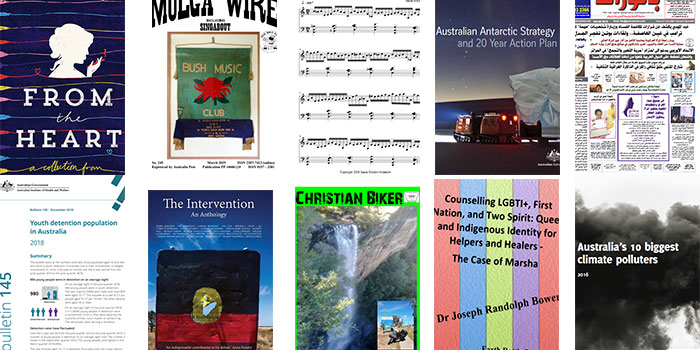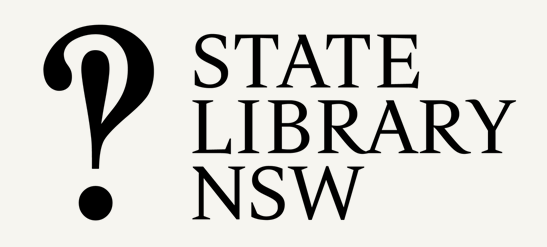Today is the official launch of Australia’s National edeposit service, NED for short. In a world-first collaboration for the library sector, NSLA’s nine members have built a single system that is capable of collecting, preserving, managing and providing access to all Australian electronic publications for all Australians.
In her guest blog post for the National Library of Australia, Kate Torney, NSLA Chair and CEO of State Library Victoria, described the benefits the system brings, saying, “[NED] dismantles barriers between our library collections, while opening our systems to publishers so that they can describe their own publications, choose the access conditions they prefer (within the Copyright Act) and receive dedicated support from the NED team. For the public, it means that a large percentage of Australian publications can be accessed directly from home, and something published in Cooktown can be read in Coober Pedy. The most restricted publications can be accessed with a visit to national, state and territory libraries.”
The launch, featuring journalist Peter Greste, takes place at the National Library of Australia at 11am AEST on Friday 16 August and will be live streamed from NLA’s Facebook page.
Joint media release from NSLA libraries
Australia’s national, state and territory libraries have come together in a world-first collaboration to build a national digital collection, with the new National edeposit service (NED) launching today.
For more than 100 years, publishers have been legally required to deposit published works in Australian libraries. With the creation of NED, Australian libraries now have the digital infrastructure to preserve Australia’s documentary heritage for future generations, in the same way they always have for print.
Chair of National and State Libraries Australia and CEO of State Library Victoria Kate Torney said, ‘NED builds on a long history of collaboration between the national, state and territory libraries of Australia which benefits all library users. This world-first national edeposit system highlights Australia’s library sector as a global leader, and sets a wonderful precedent for future projects.’
Australian publications in electronic form will be captured and made available through NED. Book-lovers, researchers and curious minds can find Australian literary works alongside everything from the government’s Australian Antarctic Strategy to newsletters, fanzines and community publications like Radio-gram: news from the Perth Vintage Wireless and Gramophone Club.
NED provides more equitable access to Australian publications while protecting the commercial interests of authors and publishers.
Journalist and author Peter Greste said, ‘In this age of information disorder, libraries have never been more crucial. Collecting, organising and making Australian publications available to people is not just fundamental to our freedoms, it is fundamental to our ability to make sense of the world’.
Publishers and authors can now upload electronic books, journals, magazines and newsletters through the NED website. Depending on the publication’s level of access, the general public can access the collection online through Trove or onsite in their national, state and territory libraries.
Image: A small taste of the diverse titles in NED. From left: From the heart: a collection from women of letters, curated by Michaela McGuire and Marieke Hardy; Mulga wire (Bush music club NSW; Reptilian patterns: solo piano composition from ‘Modules For Piano’, James Gordon Anderson; Australian Antarctic Strategy and 20 Year Action Plan; The Australian panorama Arabic newspaper; Youth detention population in Australia 2018; The intervention: an anthology; Christian biker, NSW; Counselling LBGTI+, first nation, and two spirit: queer and indigenous identity for helpers and healers – the case of Marsha, Dr Joseph Randolph Bowers; Australia’s 10 biggest climate polluters 2016, Australian Conservation Foundation.










